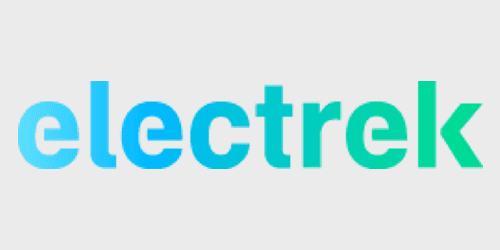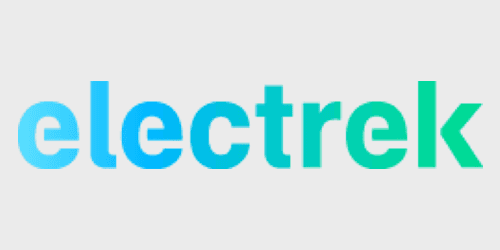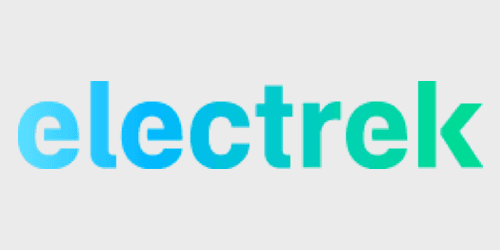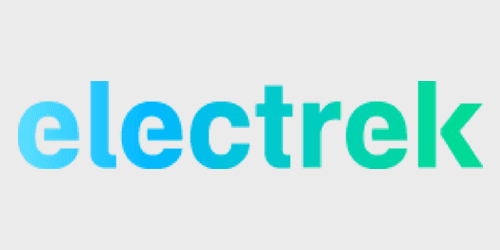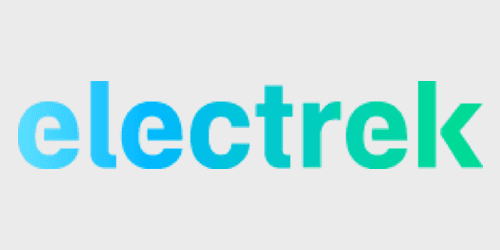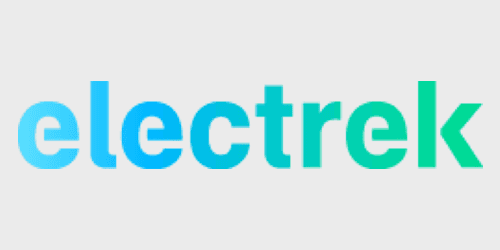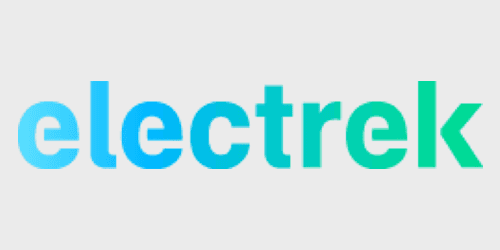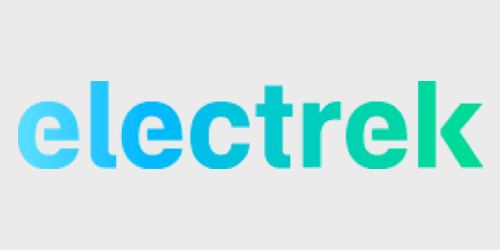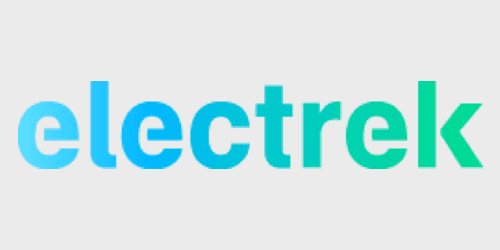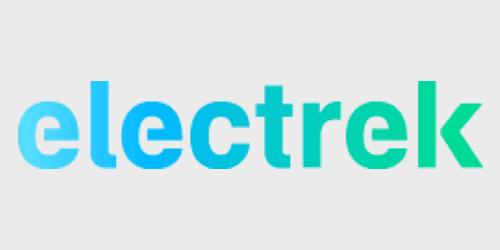
Tesla increased by 10 miles the estimated EPA-rated range of the Signature Model X to 250 miles
 Ahead of the Model X launch set for September 29th, Tesla is still tuning the options available for the configuration of its all-electric SUV. Yesterday we wrote about how Tesla will offer hitch accessories directly at the purchase of the Model X in order to get around the limitations of the vehicle’s ‘Falcon Wing’ doors. Today we learn, through the same online design studio for early reservation holders, that Tesla increased by 10 miles the estimated EPA-rated range of the Signature Model X to 250 miles.
Ahead of the Model X launch set for September 29th, Tesla is still tuning the options available for the configuration of its all-electric SUV. Yesterday we wrote about how Tesla will offer hitch accessories directly at the purchase of the Model X in order to get around the limitations of the vehicle’s ‘Falcon Wing’ doors. Today we learn, through the same online design studio for early reservation holders, that Tesla increased by 10 miles the estimated EPA-rated range of the Signature Model X to 250 miles.
Expand
Expanding
Close

